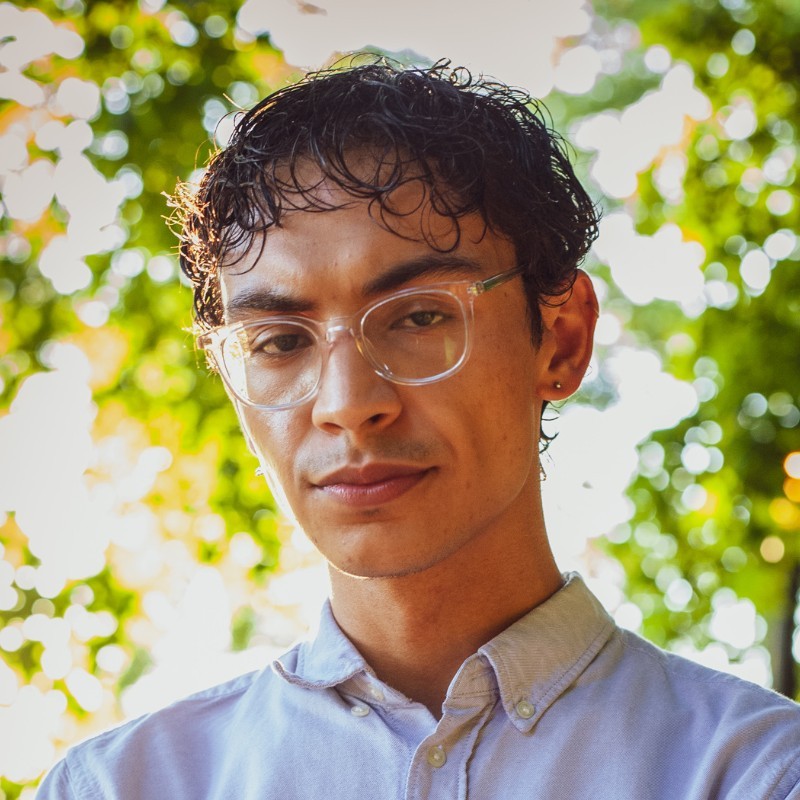Name: Christie Letarte
Class Year: ‘08
Title: Special Counsel
Organization Name: The Florida Senate
1. In one sentence, what does your job entail?
In this role, I provide legal advice to the president of the Florida Senate and serve as a special master for executive suspensions (when the governor suspends an elected official, the Senate determines whether the official is reinstated or removed from office) and claim bills (which are usually bills where an individual alleges injury by a governmental entity and is seeking funds in excess of the statutory caps and occasionally are compensation claims for alleged wrongful incarceration), where I hold hearings, make findings of fact, and provide a legal analysis and recommendation to the president, as necessary.
2. What planned and unplanned events connected you to your industry and your first employer after Holy Cross? How did you learn/decide it was a good fit for you?
Having an interest in both higher education and the law, after Holy Cross, I intentionally pursued each interest and received a Master’s degree in Higher Education and Student Affairs and then a juris doctor. I specifically chose the law school I attended because of the Center for Higher Education Law and Policy and the professors who taught there as I had been reading their scholarly work. I thought, after I passed the bar exam, I would pair the two areas and work at a college or university – then came the unplanned event.
While studying for the bar exam, I received a call from the career development office at my law school after the chief attorney for the Florida Senate Committee on Education had inquired as to whether they had any recent graduates interested in education law. The office gave the chief attorney my name and I submitted application materials.
Since that time, I have had the opportunity to serve in the Florida Senate in a variety of roles – none of which would I have anticipated as I attempted to plan my career path in prior years. I knew the Florida Senate was a good fit because of the people with whom I work and the content and variety of matters on which I have had the opportunity to work. The colleagues I work beside are of the highest caliber and we share the same sense of integrity and dedication to our service through our roles in the Florida Senate. I also enjoy the content, challenges, and different lenses of the legislative process that each role has provided. The Florida Senate continually presents opportunities to grow and has felt like a professional home.
3. What were you involved in when you were on campus?
While at Holy Cross, I was involved in a variety of opportunities provided by the school. I was: an athlete and member of the women’s indoor and outdoor track and field team as a thrower (throwing the javelin, hammer, shotput, and the weight) and served as a co-captain senior year; a resident assistant and a head resident assistant in what is now Brooks-Mulledy Hall; a volunteer through Student Programs for Urban Development (SPUD) with my main volunteer work being overnight stays at Abby’s House (a shelter for abused and/or homeless women and children) and St. Francis Adult Day Health; a student who was able to perform and present research related to bereavement in the elderly with the assistance of a professor and fellow student; a participant and leader in immersion programs through the Chaplains’ Office (including the immersion program in Kingston, Jamaica and an alternative spring break in Biloxi, Mississippi in the aftermath of Hurricane Katrina); a participant in retreats offered through the Chaplains’ Office (including Manresa and the Spiritual Exercises five-day silent retreat); and an intern at Massachusetts Justice Project (which provides legal aid to those in need).
4. What was your major and how did it affect your career decisions?
Having a major in psychology, and concentrations in gerontology and Africana Studies, affected and impacted my career decisions by highlighting interests in the human condition, development, stages of life, and our collective and individual histories. I knew I would want to work with others in a career path with complexity that required analytical skills and creativity to solve problems and process information and experiences from different lenses.
5. What are one or two skills that you developed at Holy Cross that you use in your work?
Two skills developed at Holy Cross that I use in my work are the desire to learn and work beyond what is necessary to achieve a specific goal and continued use of reflective and introspective practices. Both of these skills continue to facilitate personal and professional growth.
6. What advice do you have for students on campus today?
Approach each stage of your academic career and professional experiences with the same discipline, integrity, and inquisitiveness that has helped you get to Holy Cross.
Continue to be engaged with your Holy Cross community and the greater communities of which you and Holy Cross are a part.
Embrace all the experiences Holy Cross has to offer and be open to opportunities arising that you may never have imagined. Enjoy the journey!











